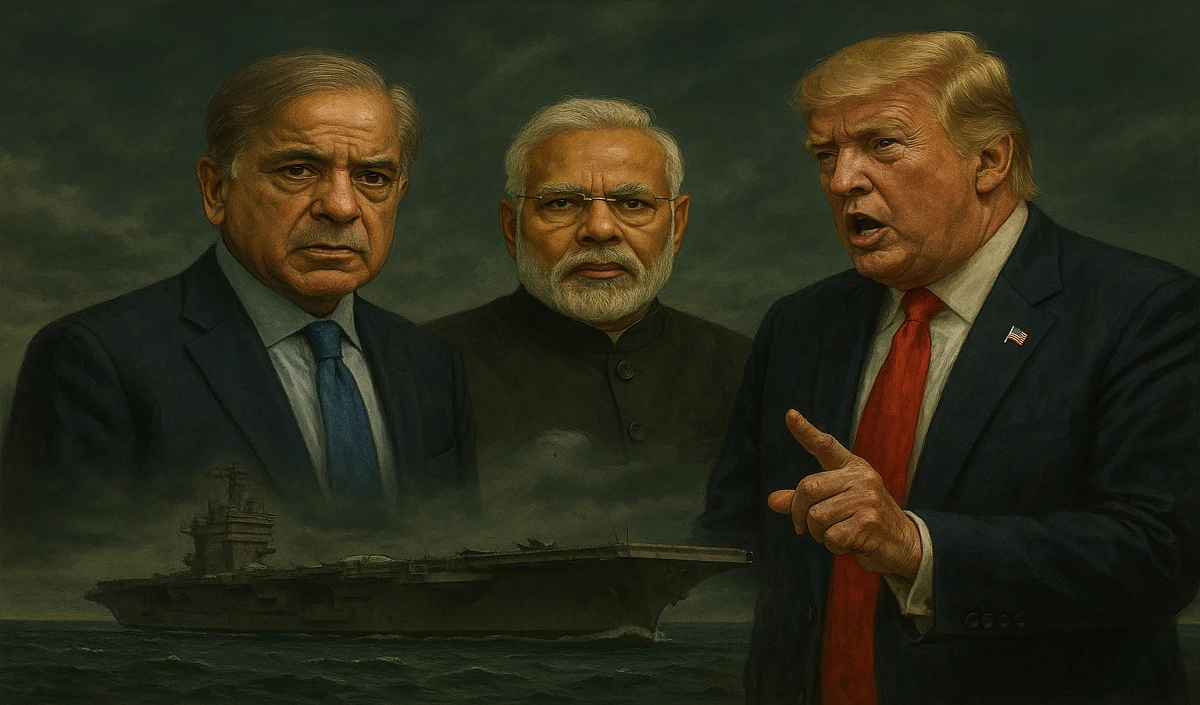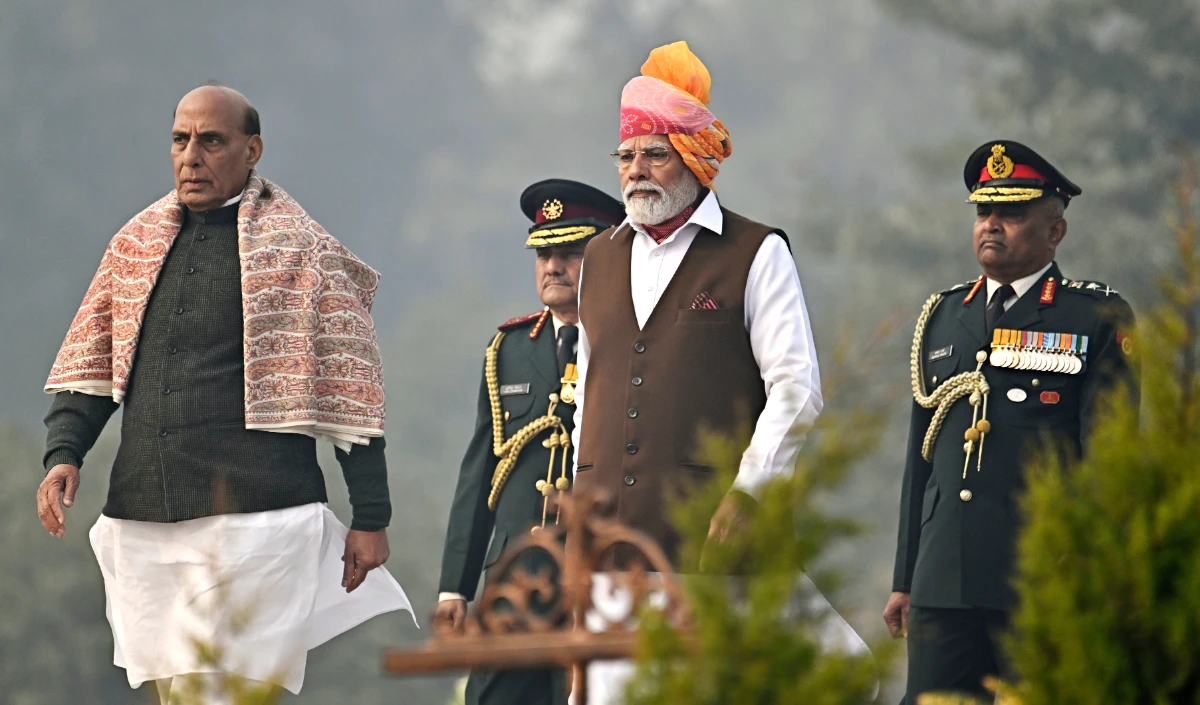What is emergency?
It refers to legal measures and streams under the Constitution or Law of a country that enables the government to react quickly and effectively on exceptional situations, such as war, rebellion or other crises, which pose a threat to the stability, security or sovereignty of the country and India’s democracy.
What were the circumstances 50 years ago:-
The case was of the 1971 Lok Sabha elections, in which the then Prime Minister Indira Gandhi defeated her main rival Raj Narayan. But four years after the election results came, Raj Narayan challenged the election result in the High Court. He argued that Indira Gandhi misused government machinery in the election, spent more money than the prescribed limit and used wrong methods to influence voters. The court justified these allegations. Despite this, Indira Gandhi did not bother. Even the Congress party had issued a statement saying that Indira’s leadership is unavoidable for the party.
Also read: Congress brutally murdered the constitution under the leadership of Indira Gandhi 50 years ago
There was an overwhelming majority government in Parliament:-
Between 1967 and 1971, Prime Minister Indira Gandhi took over the overwhelming majority in the government and the Indian National Congress Party as well as the Parliament. Instead of the Union Cabinet, the power of the central government was focused within the Prime Minister’s Secretariat.
The High Court evicted for 6 years:-
On 12 June 1975, Indira Gandhi was found guilty by the Allahabad High Court and evicted from the post for six years. Indira Gandhi proved 14 allegations such as bribing voters, misuse of government machinery, misuse of government resources, but habitually Mrs. Gandhi not accepted them and ridiculed the judiciary. Raj Narayan filed a case after losing to Indira Gandhi in Rae Bareli in 1971. The verdict was given by Justice Jagmohan Lal Sinha. On Indira Gandhi’s appeal, on 24 June 1975, the Supreme Court upheld the High Court order, but allowed Indira to remain on the Prime Minister’s chair. During the hot summer of 1975, suddenly there was anxiety in Indian politics. All this happened from the Allahabad High Court’s decision in which Indira Gandhi was found guilty of rigging the election and she was banned from taking any post for six years.
Emergency declared on 25 June 1975:-
Indira Gandhi, refusing to accept the decision, announced to appeal to the Supreme Court and on 25 June it was announced to implement the Emergency.
This black emergency period has been 21 months:-
Emergency was declared in India in a period of 21 months from 25 June 1975 to 21 March 1977. The then President Fakhruddin Ali Ahmed announced an emergency under Article 352 of the Indian Constitution at the behest of the then Indian Prime Minister Indira Gandhi.
There was no judicial review of Emergency:-
38th Constitutional Amendment Act, 1975: The announcement of national emergency was freed from judicial review by it.
Censorship on the press:-
During the Emergency of 1975, the government banned the freedom of the press, arrested political opponents, and took several arbitrary decisions such as forced sterilization. The government imposed censorship on newspapers and magazines, due to which they were not able to criticize the government.
Arrests:
The government arrested political opponents, activists and journalists without any charge. Arrested political opponents, and suspended civil rights. It is considered a black chapter in the history of India.
Forced sterilization:
In 1976, under the leadership of Sanjay Gandhi, the government launched a large -scale male sterilization campaign, in which people ordered compulsory male sterilization across the country against their will. The government’s intention behind this male sterilization was to control the population of the country. Under this, sterilization was done against the will of the people. The exact border of Sanjay Gandhi’s role in the implementation of the program is disputed. Rukhsana Sultana was a socialist who was known for being one of Sanjay Gandhi’s close associates and found a lot of infamous under the leadership of Sanjay Gandhi’s sterilization campaign in Muslim regions of Old Delhi.
Abuse of the Constitution:-
Some provisions of the Constitution were misused to impose emergency, which violated civil rights. The fundamental rights of the citizens were suspended, allowing the government to arrest and detain people without any legal process.
Abuse of Misa and DIR:-
Laws such as the Internal Security Act (MISA) and the Defense and Internal Security Rules (DIR) were misused to arrest people without any charge and kept them in custody.
Suppression of democracy:-
Emergency hurt Indian democracy deeply and the voices that criticized the government were suppressed. Due to these arbitrariness during the Emergency, it is considered a black chapter in the history of India.
– Acharya Dr. Radheshyam Dwivedi
(The author has been serving from the post of Assistant Library and Information Officer in Archaeological Survey of India. At present, while residing in Basti Nagar of Uttar Pradesh, he continues to express his views on timely subjects, literature, history, archeology, culture and spirituality.



